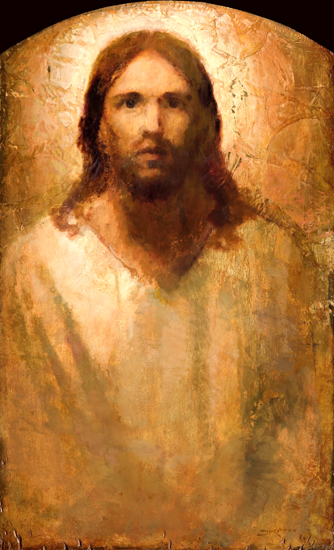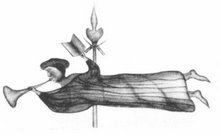How Berkeley can you be? (a svithe)

.
I really like living in (or, rather, near) Berkeley. And I live attending the Berkeley Ward. Since we've been married, Lady Steed and I have moved quite a bit (mostly interProvo), yet we've managed to live in only four wards. I'm glad of this because I'm of a mind that one should really become part of a ward, make it family, and that's hard to do when you're swapping families all the time.
One interesting thing about Berkeley is it's sense of history. When our building was dedicated by
President Heber J. Grant, a young girl was there who is still in the ward.
We have all sorts of jolly history (eg,
J. Golden Kimball helped build our building at 50¢/hr), and all sorts of documentation thereof, which is awesome.
Mormons are a record-keeping, history-building people, but often that history is hidden away and never seen by the people, which sort of defeats the purpose, you ask me.
Anyway, the ward had an 80th-anniversary celebration this weekend. It wasn't done up as big as previous decades, when
former members from all over the country were invited to attend, and many came or at least sent photos. But it was still cool.
One high light was a timeline that ran all along one wall. It contained info from the adding-on to our totally awesome organ to a recounting of the civil (but passionate) debate in Relief Society over
Prop 22.
Sometimes I hear people complain about the pettiness of their fellow Saints (re: beards, colored shirts, makeup, hairspray, artsiness, blah blah blah); I've never seen it. And I don't even sense a tendency toward it here.
Christ opened his arms to everyone. I don't claim perfection for my ward by any means, but I feel welcomed, and I've heard others say they now feel that way for the first time.
So I think Jesus must be reasonably happy with us.
Me, I think I'm going to start being nicer too. After all: Everyone else is doing it.
this svithe on thmusingst
last week's svithe






